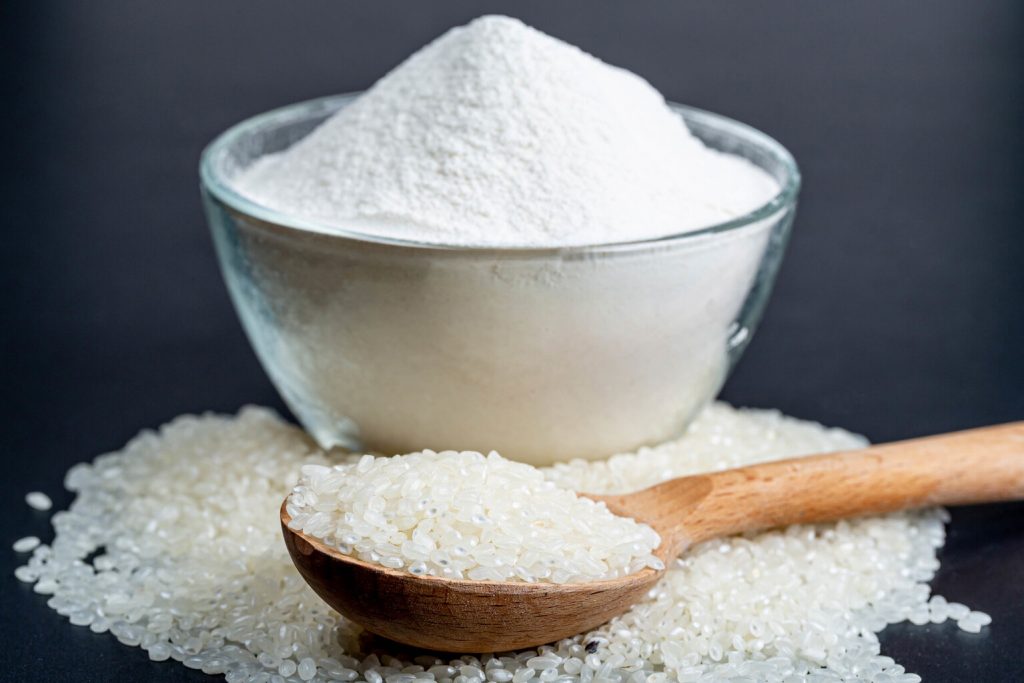Soluble Rice Flour: The Clean Label Replacement for Modified Starches
In the ever-changing landscape of food and beverage formulation, clean labeling has become a significant trend. Consumers are increasingly seeking products with recognizable and natural ingredients, free from complex additives. As a result, food manufacturers are exploring alternative ingredients to replace common additives like modified starches. Enter soluble rice flour, a clean label replacement that offers numerous benefits. In this blog, we will explore the advantages of using soluble rice flour as a clean label replacement for modified starches.
Understanding Modified Starches:
Modified starches are commonly used in food and beverage products as stabilizers, thickeners, and texture enhancers. However, they often come with complex and unfamiliar names, causing consumers to question their presence in products marketed as natural or clean label. As a result, food manufacturers are seeking alternative ingredients that can provide similar functionality while meeting the demand for clean labels.
The Rise of Soluble Rice Flour:
Soluble rice flour has emerged as an excellent clean label replacement for modified starches. Derived from rice grains, this versatile ingredient offers a natural and recognizable alternative that aligns with clean label requirements. It offers a range of benefits that make it an attractive option for food manufacturers looking to maintain product quality while meeting consumer demands.
Advantages of Soluble Rice Flour as a Clean Label Replacement:
Clean and Transparent Labeling:
Soluble rice flour allows for clean labeling, providing consumers with an ingredient they can easily recognize and understand. By replacing modified starches with soluble rice flour, food manufacturers can enhance the transparency of their product labels and meet the demand for clean and natural ingredients.
Functionality and Performance:
Soluble rice flour offers comparable functionality to modified starches, making it an effective replacement. It can act as a thickener, stabilizer, and texture enhancer, contributing to the desired characteristics of various food and beverage products.
Allergen-Friendly and Gluten-Free:
Soluble rice flour is naturally gluten-free and free from common allergens such as soy, dairy, and nuts. This makes it a versatile choice for food manufacturers looking to cater to consumers with specific dietary needs or restrictions.
Nutritional Profile:
Soluble rice flour retains the natural nutritional profile of rice, offering dietary fibers, vitamins, and minerals. By incorporating soluble rice flour into products, manufacturers can enhance the nutritional value and appeal to health-conscious consumers.
Applications and Innovations:
Soluble rice flour can be used in a wide range of applications to replace modified starches. It is suitable for use in sauces, soups, bakery products, snacks, and more. Manufacturers can explore innovative formulations and create clean label products that meet consumer preferences while delivering on taste, texture, and performance.
Conclusion:
Soluble rice flour has emerged as a clean label replacement for modified starches, offering food manufacturers a natural and recognizable alternative. With its clean and transparent labeling advantages, comparable functionality, allergen-friendly nature, and nutritional profile, soluble rice flour is poised to transform the food and beverage industry. By embracing this clean label ingredient, manufacturers can meet the growing demand for natural and transparent products while maintaining the desired quality and performance. Soluble rice flour paves the way for a cleaner, more consumer-friendly future in food and beverages.



